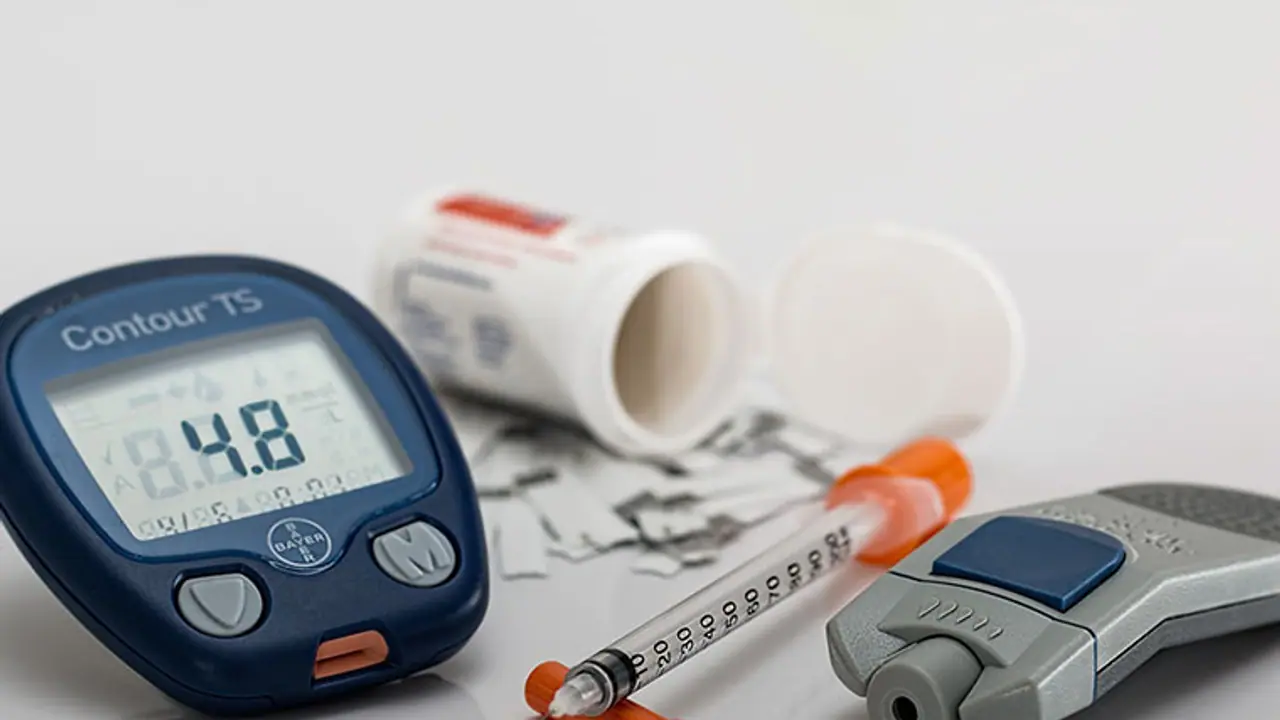Indians are genetically predisposed to diabetes says study
Most people are often blindsided when they are diagnosed with diabetes, so it isn’t surprising when it called silent killer.

Deadly assassin:
Called the ‘silent killer’, diabetes is a growing endemic. It is so called because many people are unaware of the ticking time bomb that they are sitting under.
When the pancreas fails to produce enough insulin, or when the body cannot effectively use the insulin it produces, one gets diabetes. Insulin, a hormone that regulates blood sugar, gives us the energy that we need to live. If it cannot get into the cells to be burned as energy, it leads to high and harmful levels of blood sugar. If left untreated, it can seriously compromise every major organ system in the body, causing heart attacks, strokes, and even amputation.
There are three types of diabetes: Type 1 (untreatable) Type 2 (treatable and can be reversed) and Gestational Diabetes (pregnant women are at risk)
Also read: Famous personalities who suffer from diabetes
Indians and Diabetes:

With rapid urbanisation and unhealthy lifestyle choices, it’s not surprising that Indians are on the top where diabetes is concerned. In fact, the World Health Organisation estimates that by 2030, 80 million Indians will have diabetes. “Compared to those in the developed world, middle classes in India and other developing countries are more susceptible to Type-2 diabetes, obesity and cardiovascular diseases thanks to their undernourished ancestors, says a study. The results, published in the journal Cell Metabolism, could explain projections that more than 70 percent of the global burden of Type-2 diabetes will fall on individuals from developing countries by 2030” reports the Indian Express.
Also read: It’s not all gloom and doom: Diabetes can be reversed
Genetically Speaking:
However, unhealthy and poor lifestyle choices alone are not to be blamed alone. Study shows that Indians, in particular, are genetically predisposed to diabetes.
According to The Hindu, “ Dr. Mohan and his team from the Dr. Mohan's Diabetes Specialities Centre, Chennai, and Nicola Abate and Manish Chandalia from the University of Texas Southwestern Medical Center, Dallas, U.S., found that a particular variation in the gene ENPP1 tends to increase the susceptibility to Type II diabetes in both Caucasians and South Asians. ENPP1 encodes a protein that is responsible for blocking the action of insulin leading to insulin resistance. The genetic variation was found to further increase the action of the protein leading to greater insulin resistance. Now a paper published online a few days ago in the journal Diabetes Care has gone one step further. "Indians are known to have more insulin resistance and [hence] are more prone to becoming diabetic even in the absence of obesity as defined by BMI," said Dr. V. Mohan "In order to understand the mechanism of insulin resistance [even in the absence of obesity], we studied several genes involved in the insulin action pathway."
Besides this, another report by natureasia.com says that, “Six new genes linked to type 2 diabetes have been found in Indians in a new study. The finding could aid future studies to understand the biology of diabetes and the search for new treatments. People of South Asian ancestry are at up to 4 fold higher risk of type 2 diabetes compared to European populations, Mohan said. Though unhealthy diet, obesity and physical inactivity contribute to type 2 diabetes, it also has a very strong genetic basis, he said.
The authors analyzed genetic data from more than 58,000 people of South Asian ancestry. According to Mohan, the discovery of these genes is a very important step to understand the genetics of diabetes in Indians. ‘It should be stressed that these genes relate to a predisposition for developing diabetes,’ he said. ‘However, studying how these genes are regulated and expressed is the next important and logical step to understand the biology of the disease.’”
